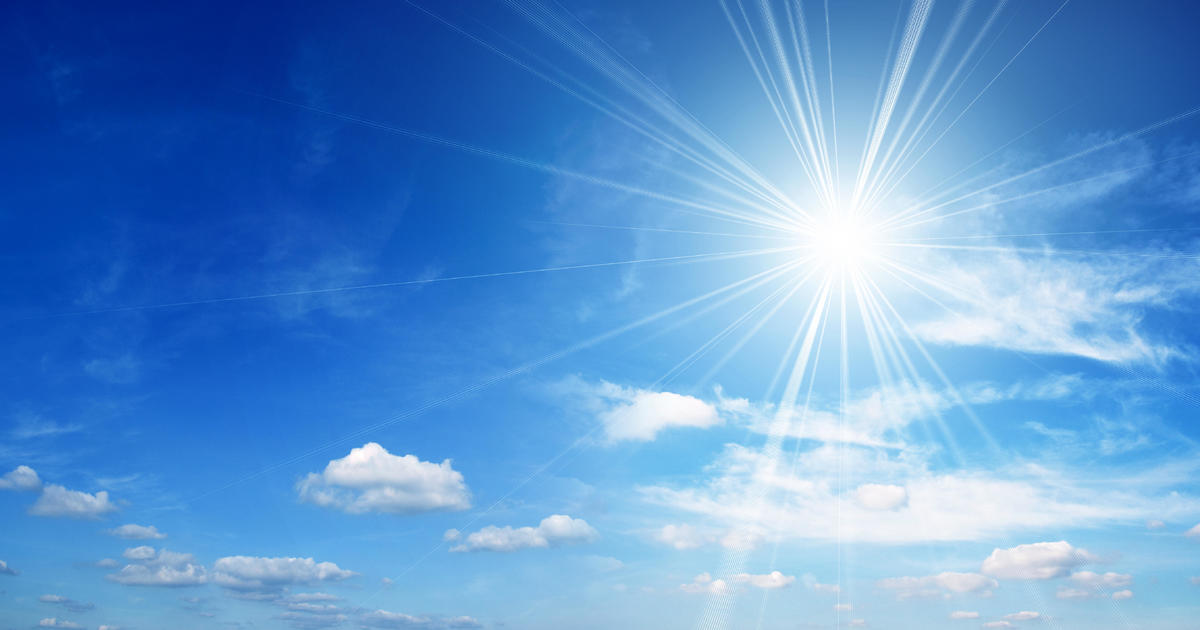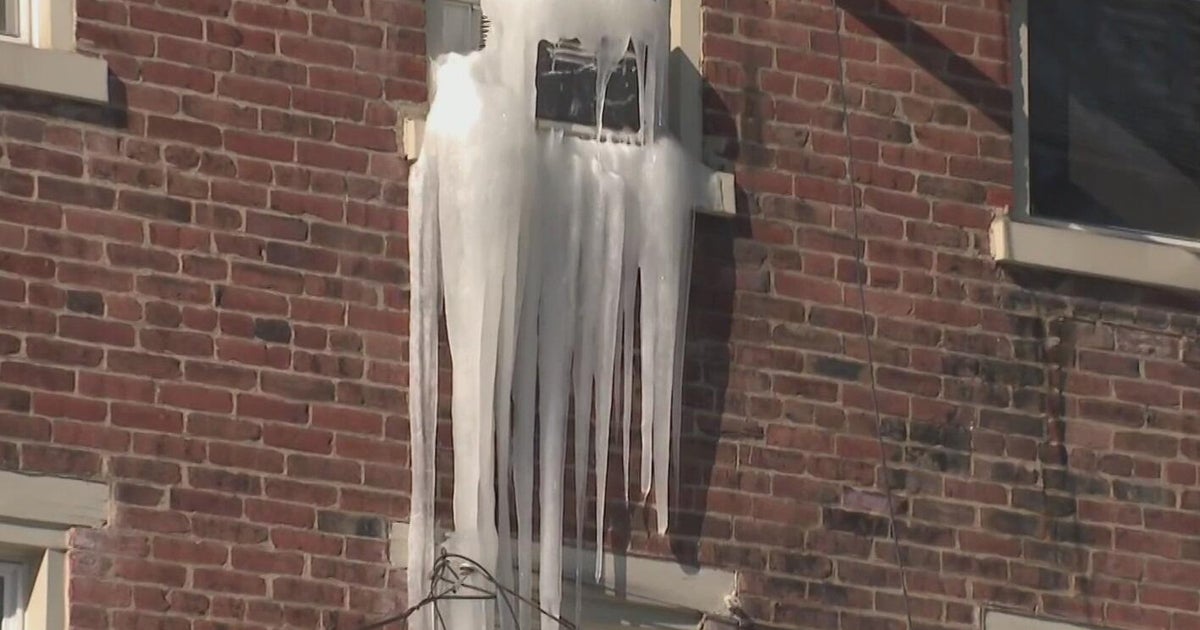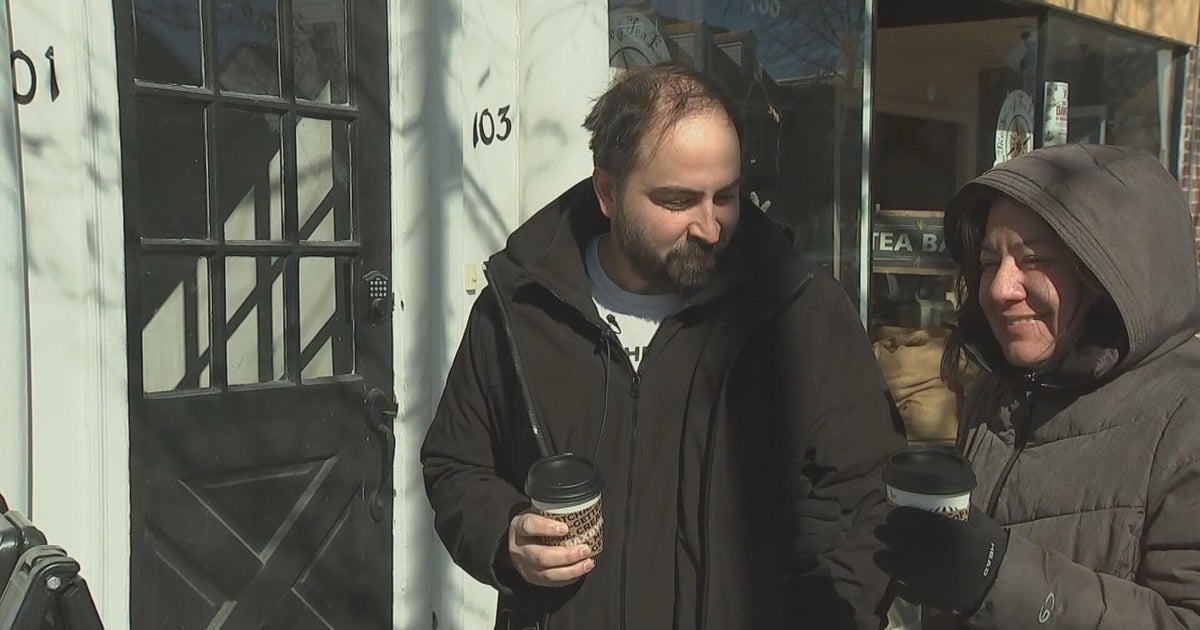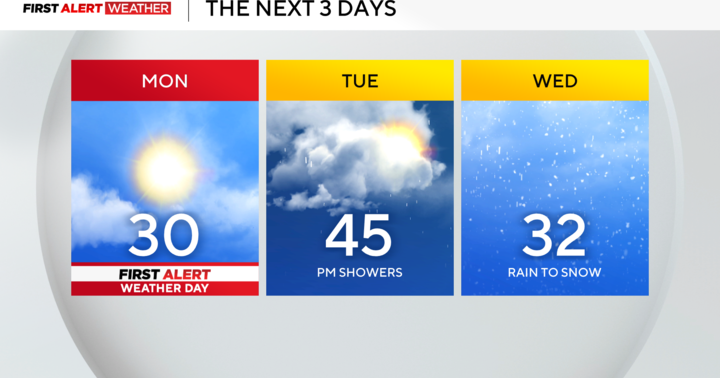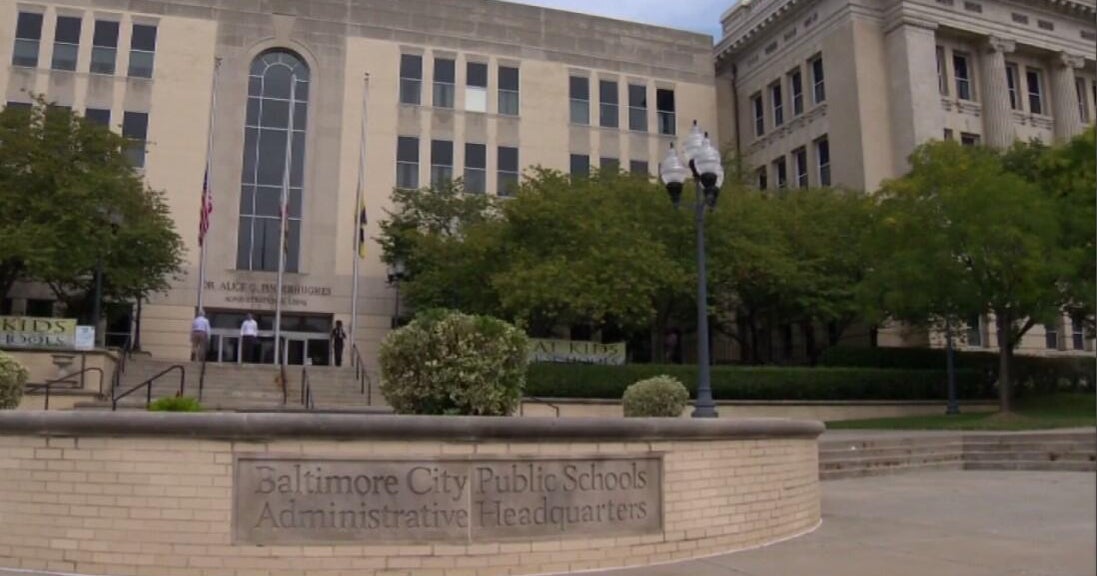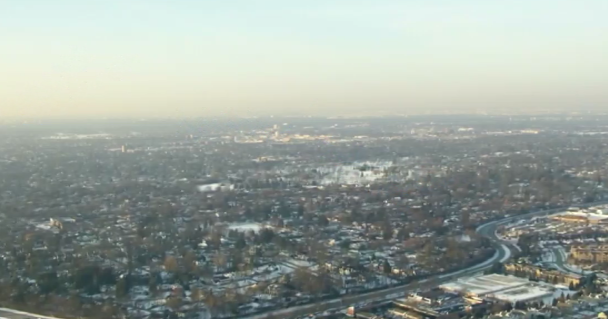Warmer weather extending into fall is changing farming, crop availability in Illinois
CHICAGO (CBS) -- Fall officially kicks off in just a few days, but fall farming will look different this year due to these continued warm temperatures.
What does that mean at everyone's favorite farmers' markets? There is good news and bad news there.
Experts say the warmer early fall temperatures mean some of the summer fruits and veggies we love, like strawberries and tomatoes, can be found at the market for a longer period of time. But it also means some fall produce could be delayed.
"A little bit of warm weather will prolong the harvest for another few weeks," said Ezra Lee, farms and program manager for Growing Home.
Growing Home is an urban farm and workforce development center running in Englewood from February to November.
"We're growing about 35,000 pounds of food," Lee said.
Lee said this hot and dry September means tomatoes, strawberries, and peppers will be on people's plates for a longer period of time.
But leafy greens may have to wait.
"These hearty greens we like to eat and like to grow are really cold-loving plants, so they like cool weather," said Lee.
Illinois State Climatologist Trent Ford explained that the extension of the summer season through September has thrown agriculture off.
"This kind of dry and warm spell usually means harvest is earlier," he said. "This is a complicated time for row crops."
Larger crop farms outside Chicago are seeing dramatic effects.
"Now this warm and dry spell has shifted that earlier, so people are having to get their equipment ready, and maybe go through steps of pre-harvest a little bit faster than they'd like to," Ford said.
Most of those vast farms downstate aren't producing fruits and vegetables like the urban city's urban farms. They produce corn and soybeans, which are both affected by the warmer September too.
Brad Zwilling, vice president of data analysis for Illinois Farm Business Farm Management, said the latest Weekly Illinois Crop Progress and Condition report—which was released Monday—showed Illinois has 7% of its corn acres and 6% of its soybean acres harvested. The five-year average is 3% for corn and 1% for soybeans.
"For corn and soybeans that were close to maturity, that is welcomed, however, in can create risks, especially greater chances for field fires due the very dry plants, hot weather and all of the moving parts in the harvesting equipment," Zwilling wrote. "For crops that are not quite to maturity, this can lower the yield (less product) and much lower return due to lower grain prices and continued higher costs to produce the crops."
Ford said climate change will continue to drive warmer temperatures—meaning warmer Septembers like the present one could be here to stay.
"It does feel more like August than September," Ford said.
Ford sent along some specifics about the effects of a warmer September on agriculture. Again, it's not all bad news:
1) The recent dryness and milder temperatures since mid-August have pushed row crops to rapid maturity and dry-down, and have likely expedited harvest timelines for much of the state. These impacts may be positive, especially timely harvest and farmers not having to pay for crop drying, but it's likely some late-planted corn and beans may have seen moderate yield hits due to the recent dry weather. I would not expect any yield hits to be substantial or widespread, though.... Crop conditions are still very good generally.
2) Pasture conditions have deteriorated rapidly across Illinois because of the recent dryness. Pasture regrowth has been quite limited and some producers have begun to supplement feeding with hay, which is earlier than usual. This could become an issue with hay availability later this winter, because pasture conditions are poor across much of the Midwest.
3) Fruits and vegetables have largely been spared impacts from recent weather. Our important pumpkin crop in Illinois is coming along nicely, and the drier weather actually helps reduce disease pressure. Apples have been maturing early, which is not necessarily a bad thing, and I've heard apple growers express that many of their varieties are developing good color, which is helpful for fruit quality.
4) As harvest really gets going in coming weeks, the dry weather will increase the risk of field fire and blowing dust. So, folks should take precaution and make sure they have plans in place in case of field/grass fire.
Back at Growing Home, Lee said it's going to be about everyone adapting to a new reality for their produce.
"If we change kind of what we're able to grow in different seasons, we change foods that are familiar for people; we change seasonal expectations about what we are eating," Lee said.
With warmer weather in September expected to continue in years to come, a continued impact on harvest schedules is expected.
